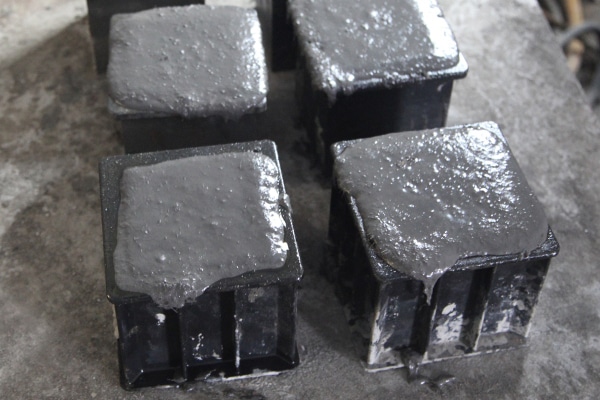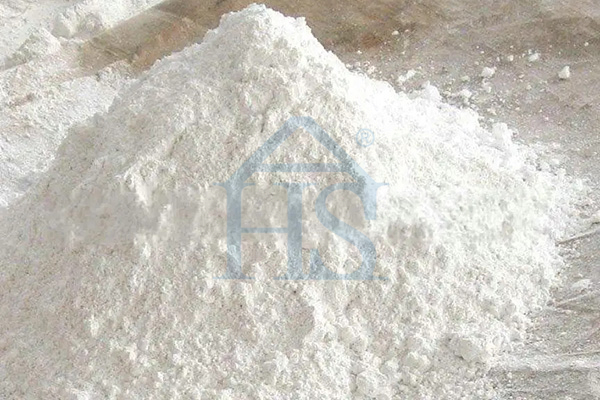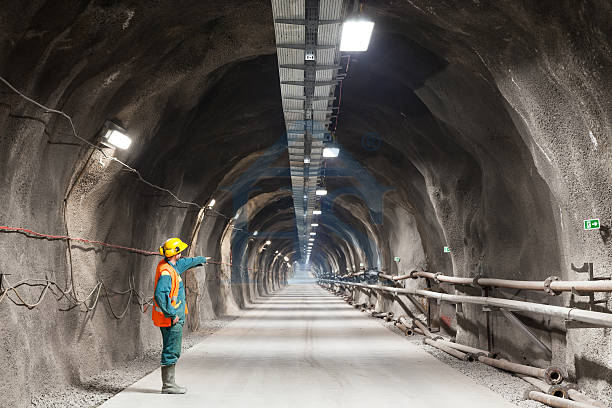Introduction
In today’s fast-paced construction industry, the demand for materials that can accelerate construction processes while maintaining quality and durability is higher than ever. Self-consolidating concrete (SCC), also known as self-compacting concrete, has emerged as a game-changer in recent years. This innovative concrete mix offers numerous advantages over traditional concrete, including reduced labor costs, enhanced quality, and improved aesthetic appeal. Today, we will explore the unique properties of SCC, its applications, and the benefits it offers to the construction industry.
What is Self-Consolidating Concrete?
The Basics
SCC is a highly workable concrete mix that can flow and spread effortlessly, filling formwork and encapsulating even the most intricate reinforcement without the need for mechanical consolidation (vibration). Its unique properties are achieved through the use of specialized admixtures, combined with an optimal mix design that balances workability, stability, and strength.
Key Properties
There are three main properties that define SCC and differentiate it from traditional concrete:
- Flowability: The ability to flow into complex formwork and around reinforcement without segregation or excessive bleeding.
- Passing ability: The capacity to flow through tight openings and narrow spaces without blockages, ensuring a homogeneous distribution of materials throughout the concrete.
- Stability: Resistance to segregation and bleeding, which guarantees a uniform distribution of aggregates and cement paste within the concrete.
Applications of Self-Consolidating Concrete
Infrastructure Projects
SCC has found wide-ranging applications in infrastructure projects, such as bridges, tunnels, and dams. Its exceptional flowability and passing ability make it ideal for use in areas with congested reinforcement or complex geometries. This helps to ensure a high-quality, durable finish, minimizing the risk of voids, honeycombing, and other defects that can compromise the structural integrity of the project.
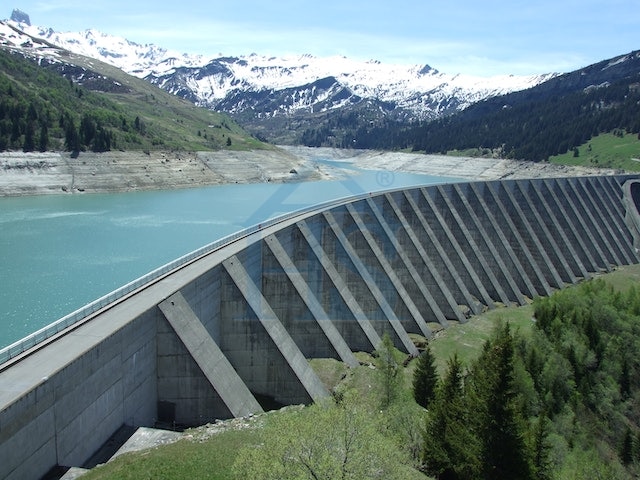
Architectural and Decorative Concrete
The improved surface finish and aesthetic appeal of SCC have made it a popular choice for architectural and decorative concrete projects. The ability to flow effortlessly into intricate formwork and produce a smooth, defect-free surface makes it ideal for creating stunning visual effects, such as intricate patterns, textures, and shapes.
Precast Concrete Elements
The precast concrete industry has also benefited from the advantages of SCC. The reduced need for mechanical vibration, combined with the ability to achieve high-quality finishes and intricate detailing, has made SCC an attractive option for manufacturing precast concrete elements, such as beams, columns, and wall panels.
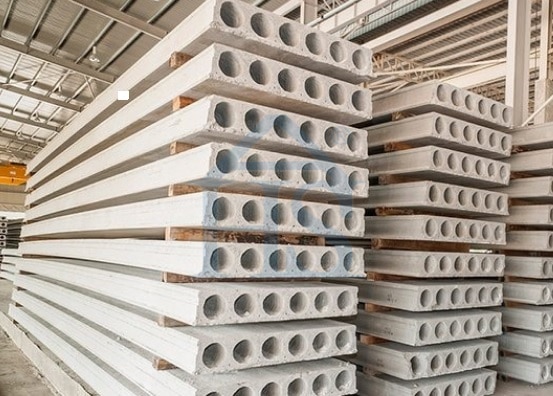
Benefits of Self-Consolidating Concrete
Reduced Labor Costs
One of the most significant advantages of SCC is its potential to reduce labor costs. The self-consolidating nature of the material eliminates the need for mechanical vibration, which not only saves time and labor but also reduces the risk of work-related injuries and noise pollution.
Enhanced Quality and Durability
SCC’s superior flowability and passing ability ensure a consistent, homogeneous mix throughout the concrete, reducing the likelihood of defects such as voids, honeycombing, and uneven distribution of materials. This results in improved structural integrity and a longer service life, ultimately providing greater value for money.
Improved Aesthetics
SCC produces a smooth, defect-free surface that is highly appealing for architectural and decorative concrete applications. This enhanced aesthetic appeal allows architects and designers to push the boundaries of their creativity, producing visually stunning structures and finishes.
Environmentally Friendly
The use of SCC can contribute to a more sustainable construction industry, as it typically requires less cement than traditional concrete mixes. This helps to reduce the carbon footprint of construction projects, while also conserving valuable natural resources.
Conclusion
Self-consolidating concrete has revolutionized the construction industry by offering a range of advantages over traditional concrete. Its unique properties, such as exceptional flowability, passing ability, and stability, make it an ideal choice for a wide variety of applications, including infrastructure projects, architectural and decorative concrete, and precast concrete elements.
The benefits of using SCC are numerous, including reduced labor costs, enhanced quality and durability, improved aesthetics, and a more environmentally friendly construction process. As the construction industry continues to evolve and adapt to the demands of the modern world, the use of self-consolidating concrete is expected to grow, further solidifying its place as a game-changer in the realm of concrete technology.

Future Developments and Research
While SCC has already made a significant impact on the construction industry, ongoing research and development efforts continue to explore new ways to optimize its performance and expand its applications. Some areas of research and development include:
- Alternative Materials: Investigating the use of alternative materials, such as industrial by-products or recycled aggregates, to create more sustainable and cost-effective SCC mix designs.
- Advanced Admixtures: Developing new admixtures and chemical additives to further enhance the workability, stability, and strength of SCC.
- Performance Optimization: Exploring methods to optimize the performance of SCC in specific applications, such as underwater construction or in regions with extreme temperatures or environmental conditions.
- Monitoring and Quality Control: Developing advanced monitoring and quality control techniques to ensure consistent performance and compliance with industry standards.
As these research efforts continue, it is likely that self-consolidating concrete will play an increasingly important role in shaping the future of the construction industry.
Final Thoughts
In conclusion, self-consolidating concrete has proven to be a transformative force in the construction industry. Its unique properties and numerous benefits have made it an attractive option for a wide range of applications, from infrastructure projects to decorative concrete. As the demand for innovative, efficient, and sustainable construction materials continues to grow, SCC is poised to play a pivotal role in the advancement of concrete technology, and ultimately, the built environment as a whole.



